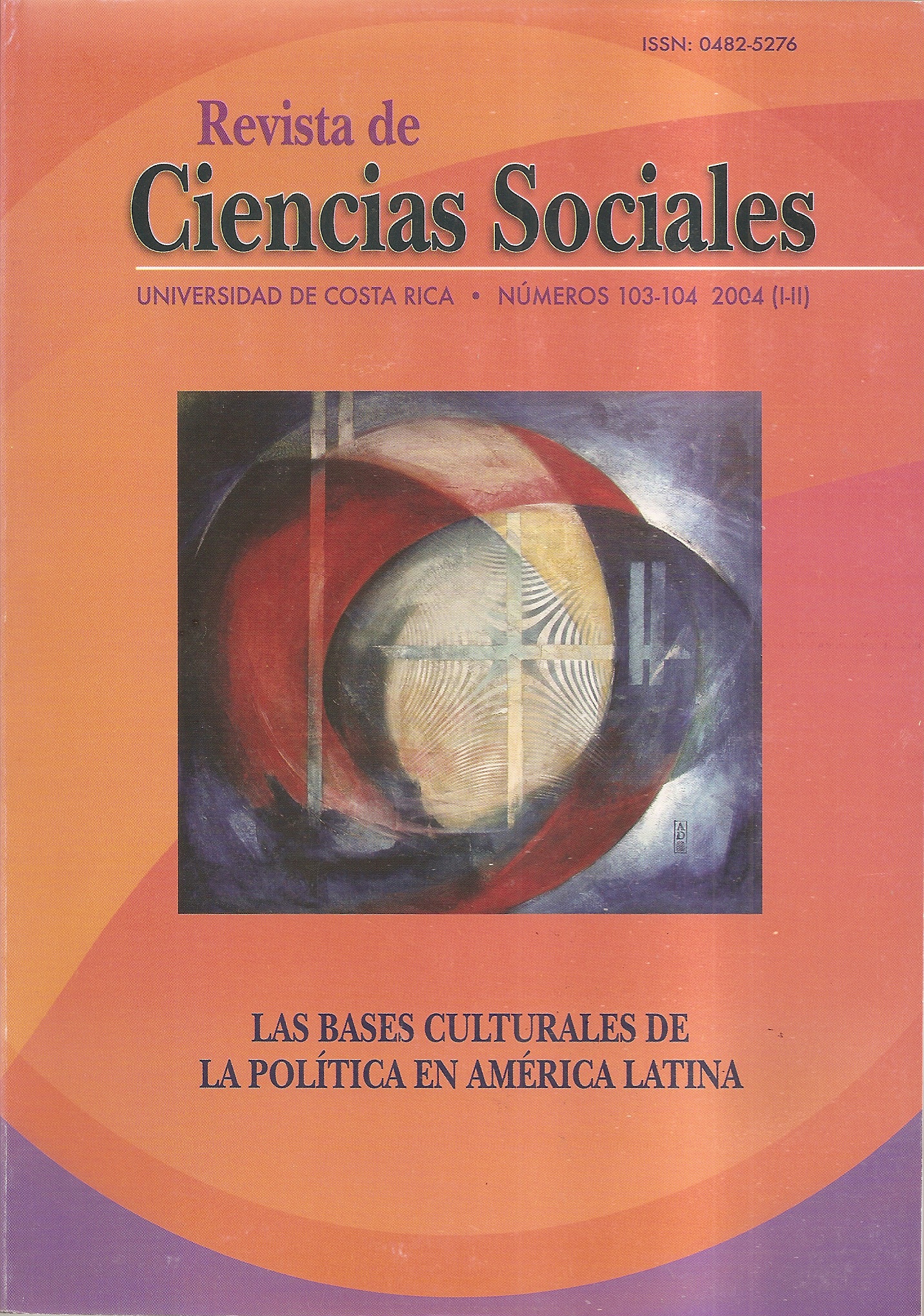Resumen
El propósito de este artículo es analizar la forma en que los valores políticos heredados de la etapa colonial tienen una larga y profunda presencia en América Latina; y observar los efectos de los regímenes democráticos, en nuestras naciones, a lo largo del siglo XIX y XX. El argumento central es que la democracia no comprende únicamente condiciones de bienestar económico y creación de sistemas políticos relativamente competitivos, sino que requiere desarrollo de valores democráticos, en particular en sociedades —que como las latinoamericanas— aún mantienen una pesada herencia
cultural no-democrática. El análisis combina una aproximación histórica cualitativa, con la utilización de datos cuantitativos.


